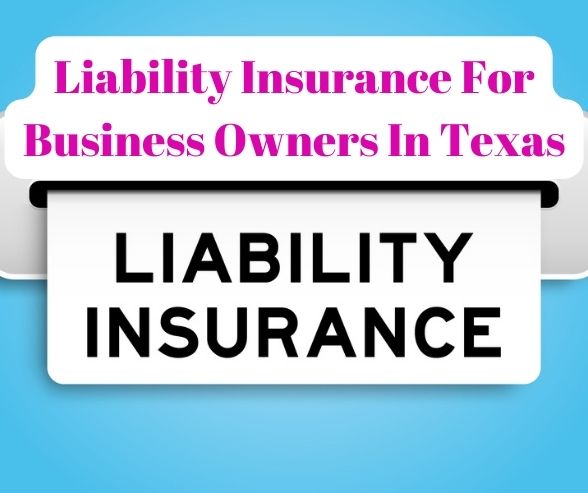In the dynamic and diverse economic landscape of Texas, liability insurance emerges as a crucial pillar for business owners. This type of insurance isn’t just a buffer against unforeseen financial losses; it’s a strategic tool that underpins the stability and growth of businesses in the Lone Star State. Texas, with its thriving cities, vast agricultural lands, and booming tech industry, presents a unique set of challenges and opportunities for business owners. Understanding and effectively managing liability insurance is therefore not just about compliance, but about safeguarding the future of your business.
Liability insurance serves as a safety net, protecting businesses from potential claims that could arise from their operations. Whether it’s a customer injury at a retail store in Houston, a professional error in a Dallas law firm, or a product malfunction from a tech startup in Austin, liability insurance can provide the financial protection needed to keep a business afloat. In a state like Texas, where business activities are as vast as the landscape itself, tailoring your liability insurance to your specific business needs isn’t just recommended; it’s essential.
Essentials Of Liability Insurance For Texas Businesses
Liability insurance is an essential component for any business, but in Texas, it takes on added significance due to the state’s varied business climate. From small startups to large corporations, businesses face myriad risks that can lead to legal and financial repercussions. Liability insurance in Texas is designed to mitigate these risks, covering costs associated with damages or injuries your business might cause to others.
The legal landscape in Texas also plays a crucial role in shaping the need for liability insurance. Certain types of businesses in Texas are legally required to have specific liability insurance policies in place. For example, construction companies may need additional coverage for potential on-site accidents, while medical practices require malpractice insurance. Ignoring these requirements can not only lead to legal troubles but can also put your business in financial jeopardy.
In Texas, where the economy is as diverse as its population, understanding the nuances of liability insurance is not just a matter of legal compliance, but also of protecting your business’s reputation and financial well-being. A comprehensive liability insurance plan can be the difference between a minor setback and a catastrophic financial loss.
Exploring Various Liability Insurance Types
 Texas businesses must navigate a variety of liability insurance types, each designed to address specific risks. The most common is General Liability Insurance, providing broad coverage for incidents like customer injuries, property damage, and advertising injury. However, for many Texas businesses, this is just the starting point.
Texas businesses must navigate a variety of liability insurance types, each designed to address specific risks. The most common is General Liability Insurance, providing broad coverage for incidents like customer injuries, property damage, and advertising injury. However, for many Texas businesses, this is just the starting point.
Professional Liability Insurance, also known as Errors and Omissions (E&O) Insurance, is vital for service-oriented businesses. It covers claims related to negligence, misrepresentation, or inaccurate advice. In a state that’s a hub for professional services, from legal consultancies in Dallas to financial advisors in Austin, this type of insurance is indispensable.
Product Liability Insurance is another critical type for businesses involved in manufacturing or selling products. Texas, with its thriving retail and manufacturing sectors, sees its fair share of product-related claims. This insurance protects against damages caused by products your business produces or sells.
Each type of liability insurance serves a unique purpose and understanding which ones align with your business’s specific risks is crucial. This understanding is not just about risk mitigation, but also about positioning your business for sustainable growth in Texas’s competitive marketplace.
